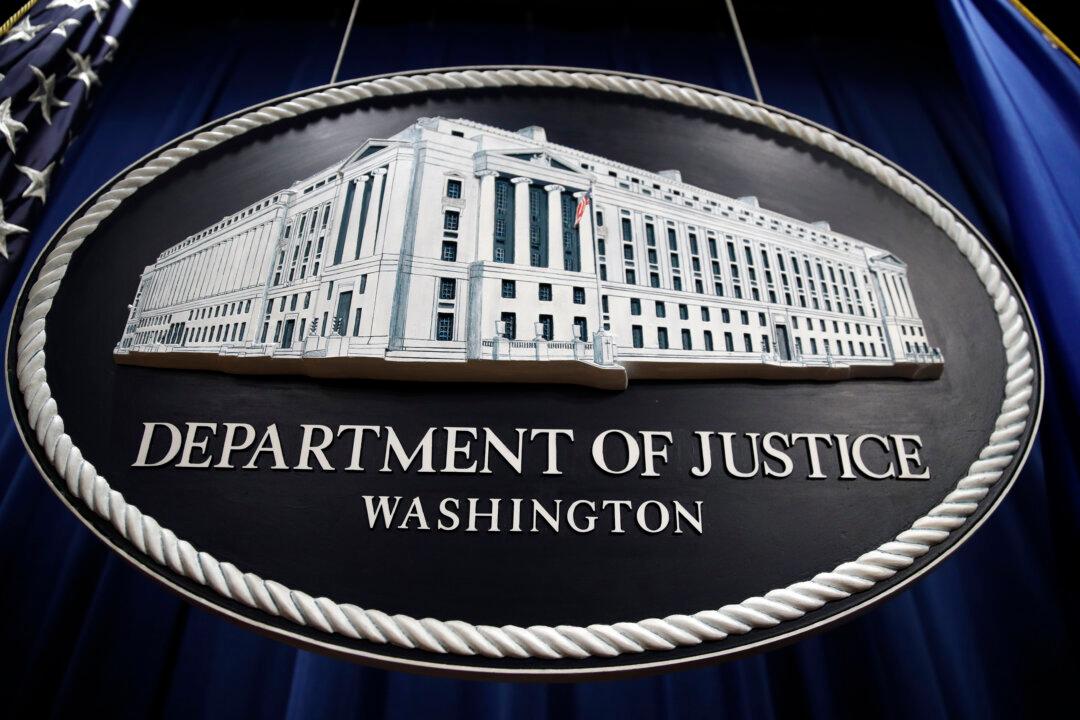A federal judge in Illinois on Tuesday sentenced a Chinese national to 14 years behind bars for laundering the proceeds of illegal narcotics on behalf of Mexican drug traffickers, according to the Department of Justice (DOJ).
U.S. District Judge Thomas M. Durkin imposed the sentence on April 27 after a hearing in federal court in Chicago, the U.S. Attorney’s Office for the Northern District of Illinois said in a press release.





